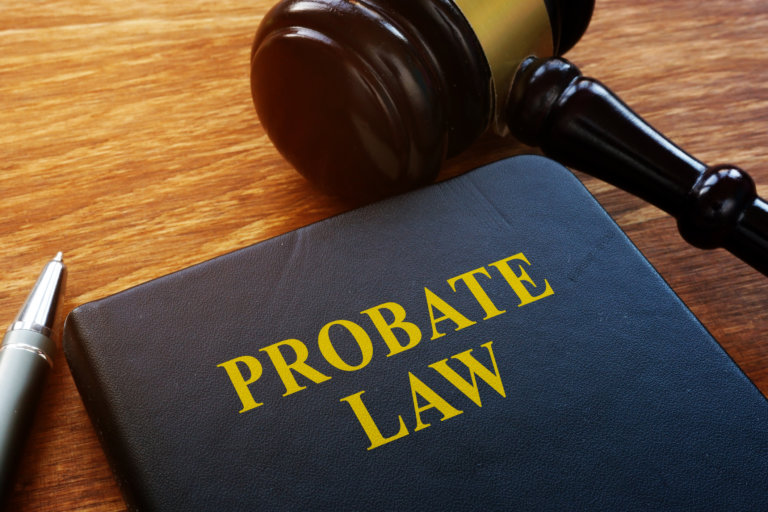Probate is the process of identifying the assets that belong to a deceased’s estate, using those assets to pay any debts or obligations owed by the deceased, and finally, distributing the remaining assets to the beneficiaries named in a will or as per Florida law (when there is no valid will).
Opening The Estate
Upon the death of an individual, the first step in the probate process is known as “opening the estate”. This happens when the personal representative named in the decedent’s will or one of the decedent’s beneficiaries notifies the court of the need to open and administer the probate estate.
When preparing for the opening of an estate, several steps must be taken to ensure that the probate administration proceeds as smoothly as possible. First, the personal representative must assess the nature of the estate to identify its size, what assets are to be included, and all outstanding debts. During the probate administration process, all assets that have to go through probate must be accounted for, which is why it is crucial to create a detailed list of these assets.
Additionally, the personal representative should hire a Florida probate attorney. In Florida, the personal representative of an estate is required by law to hire an attorney in a formal probate administration unless:
- The personal representative is an admitted Florida attorney; or
- The personal representative is the only interested party to the decedent’s estate.
Working with a qualified attorney is crucial, as it will help guide the administration of the estate as well as anticipate any issues that may arise down the road and potentially lead to litigation.
After the personal representative begins a preliminary identification of the assets included in the estate and hires a probate attorney, the formal paperwork for the opening of the estate must be filed with a Florida probate court.
The process of opening an estate includes the following:
- Filing a petition to open the estate for probate with the court.
- Filing proof of death for the decedent.
- Having the personal representative of the estate appointed and the will admitted.
- Serving notice of the estate administration to all interested parties including family members, beneficiaries, and trustees.
- Serving notice to all known creditors.
- Publishing notice for any potential unknown creditors.
Once these steps are taken, the court and the personal representative will move forward with the administration of the decedent’s estate.
If creditors or interested parties notified of the probate administration take issue with its proceedings or the decedent’s will, they may raise these issues through an objection and may even proceed to litigation. For this reason, in the context of a highly contested estate, the probate process can sometimes take years before completion.
Closing the Estate
Once all estate assets have been liquidated, any claims filed against an estate have been properly addressed, and all debts have been paid, the estate assets must be prepared for distribution. At this point, the probate attorney handling the case will file a petition to close out the estate.
In order to ensure that future issues related to the estate do not arise, the probate attorney will request signed “waiver and consent” forms from all interested parties, consenting to the filing of a petition to close the estate. If, however, the parties do not agree to sign such forms, the personal representative will need to provide a formal accounting of all actions taken during the administration of the estate, including details of how all assets will be distributed. Once the probate court approves the accounting, the assets will be distributed to the heirs. The personal representative will then be discharged and the estate will be closed out.
Hiring a Probate Attorney
Our Florida law firm has assisted thousands of clients through the probate process throughout the State of Florida. Our lawyers handle probate administration, heir representation, asset distribution matters, and much more. When it comes to probate in Florida, our lawyers have the experience and expertise to get your probate estate handled in an efficient and expeditious manner.
Whether you are a personal representative, a creditor with a claim against an estate, or the beneficiary of a will, Farshchian Law, P.A. will guide you through the complexities of the probate process and help you solve any problem you encounter down the road.
To schedule a free initial consultation with a Florida probate attorney, please call us at (800) 604-1871 or send an email to Probate@JFRealEstateLaw.com.

